From medicine to web2 startups to crypto gaming, Dith’s path into web3 has been full of unexpected turns. After learning the ins and outs of traditional finance while working at Stripe, he became curious about the potential of crypto and quickly found himself deep in the world of NFTs.
In this conversation, Dith shares how his love of gaming shaped his entry into the space, what it’s like to build anonymously, and why he launched GLHFers with no roadmap and no promises. We also talk about the success of Gigaverse, launching on Abstract, and how a one-eyed cat named Cyclops became an unexpected web3 celebrity.
Note: This transcript has been edited for length and clarity.
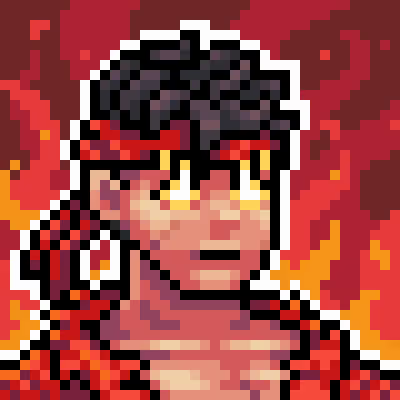
OpenSea: I'd love to start more broadly and then get into the details of what you're working on. How did you get into NFTs, and what was your entry point?
Dith: What really got me into crypto was, ironically, working at Stripe, a leader in payments. Their products are excellent, and when you join, they teach you everything about how payments work. It’s basically a mini MBA in payments.
While learning how TradFi and web2 payments work, I became really interested in crypto. I kept asking, “Why do international remittances take so long? Why are there so many fees?” It just made sense to move money more easily.
That was in 2021. I started exploring online communities, and one of the early groups I joined was trading NFTs. That’s how I caught the bug. I minted my first NFT in September 2021—a Solana NFT called Grim Syndicate.
I minted it for two SOL, and it almost immediately jumped to ten SOL. I started trading a lot more and minting everything I could.
OpenSea: That kind of outcome can make the potential of this space feel very real.
Dith: Exactly. Having a little skin in the game and feeling it firsthand is a whole different experience.
OpenSea: Can you share the origin story of your handle and the persona you've created in the space?
Dith: “Dith” is my gaming handle. One of my best childhood friends just started calling me that—he had a longer nickname version like “Dithemetrius,” and it evolved during voice chat. It stuck and became my nickname. So yeah, it came from gaming.
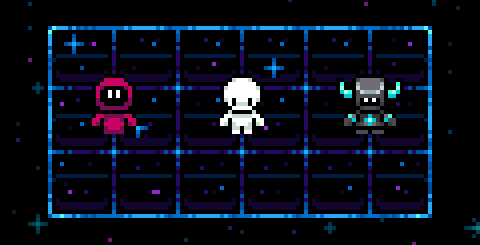
OpenSea: How do you feel about the anonymous nature of the space? Does it feel freeing, or does it make trust harder?
Dith: In web2, I spent 15 years raising for startups, going to business school, building a resume of credentials—awards, publications, etc. It’s a whole game of signaling you're legit.
What I loved about being anon in web3 is that I could drop all of that. Especially as I started building, I had to prove myself without leaning on credentials. It was liberating and a forcing function to actually do cool stuff.
Ironically, as a builder, you do get recognized and develop your own reputation. The space has its own kind of credentialing—you gain followers, visibility—but I loved starting out from zero.
OpenSea: We just interviewed Trevor Thompson from Ethos, which is trying to verify reputation in this anonymous world. I think a lot of people share your desire—not to be judged based on LinkedIn or Google results, but to build something new from scratch.
Dith: Exactly. One of my previous web2 startups was a LinkedIn-type platform, so I spent years thinking about these issues. That’s part of what drove me to go fully anon in crypto. I really enjoy it.
I like Ethos a lot. I was early to use it, and just recently got one of their validators. That was a nice surprise.
OpenSea: Let’s talk gaming. You’re clearly a lifelong gamer. To me, gaming is one of the most obvious NFT use cases. Even Vitalik built Ethereum because he lost everything in World of Warcraft and didn’t want that to happen to anyone else. Were there hurdles transitioning from traditional gaming to understanding gaming in web3?
Dith: Crypto is fun—the MMO aspect, the culture, NFTs pumping overnight—it’s all great. But where I really appreciate it is that I’ve always dreamed of building a game. When I was younger, launching startups and working in tech, I didn’t see a path into the games industry. I thought I’d always just be a consumer.
Then crypto changed that. It became the bridge. It’s a new stack with a culture and user mindset I understood. That gave me the confidence to make the leap.
In 2021 and 2022 I was part of a few NFT communities and helped friends launch their collections.. With one launch, I came up with a viral minting idea—short snapshots where specific communities had limited windows to mint. It took off.
That week, we were the top volume collection on OpenSea. After that, teams started reaching out. One of them was a game called Pirate Nation. Incredible team—the founder made Farmville.
They reached out without knowing anything about me. We had great conversations, and soon after they offered me a role leading go-to-market for the game and infrastructure company. I said, “Hell yeah, I get to build a game.”
I spent two years there before recently leaving to build my own game. From medicine to web2 startups to crypto gaming—it's been a serendipitous journey.
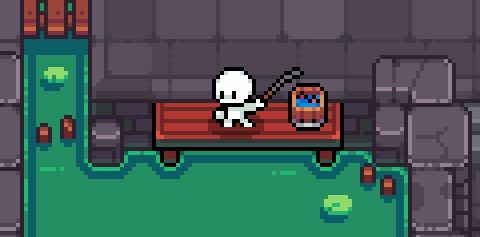
OpenSea: I love how those connections and moments lead you to the work you’re meant to be doing. Let’s dive into your projects. GLHFers is known for its unique community dynamics. How do you approach that?
Dith: What I love about the space is spotting things that feel new—maybe the start of a new meta. I had a bunch of ideas and needed a sandbox to test them. That’s what GLHFers became.
When we launched in January last year, I intentionally didn’t promise anything. No roadmap, no expectations. That gave us freedom to surprise and delight people. Through that approach we unexpectedly announced Gigaverse.
People heard it was on Abstract and got excited. But because it wasn’t priced in, it surprised everyone.
Some teams share roadmaps months in advance, and that has its pros. But we like doing the opposite—keeping things close and surprising people with real value.
OpenSea: Totally. In 2021, everything had to have a roadmap—or it was considered a rug. Then the pendulum swung the other way. Now it feels like building trust is the new roadmap.
Dith: Exactly. I'd rather say, “No roadmap. No expectations.” And then show people through results that we ship a lot. That builds trust. It’s a fun part of our culture too—I joke that I’m sipping mojitos in Bali, but everyone knows we’re heads down shipping.
OpenSea: Gigaverse has a nostalgic, retro look. What inspired that pairing with blockchain?
Dith: Very intentional. My co-founder and I reflected on the most memorable moments from games we loved. A lot of that was from childhood—those early pixelated aesthetics.
It’s tempting to think AAA is the way. But that’s incredibly hard—takes years and massive budgets. And even then, many AAA games flop.
We love pixel art and it lets us move fast. That’s crucial. It’s more important to build and ship than to aim for cinematic polish.
We also focus on the little moments—how a button feels, the sound of picking up an item. There’s a great GDC talk called Juice It or Lose It that explores that. It’s about building dopamine hits from small interactions.
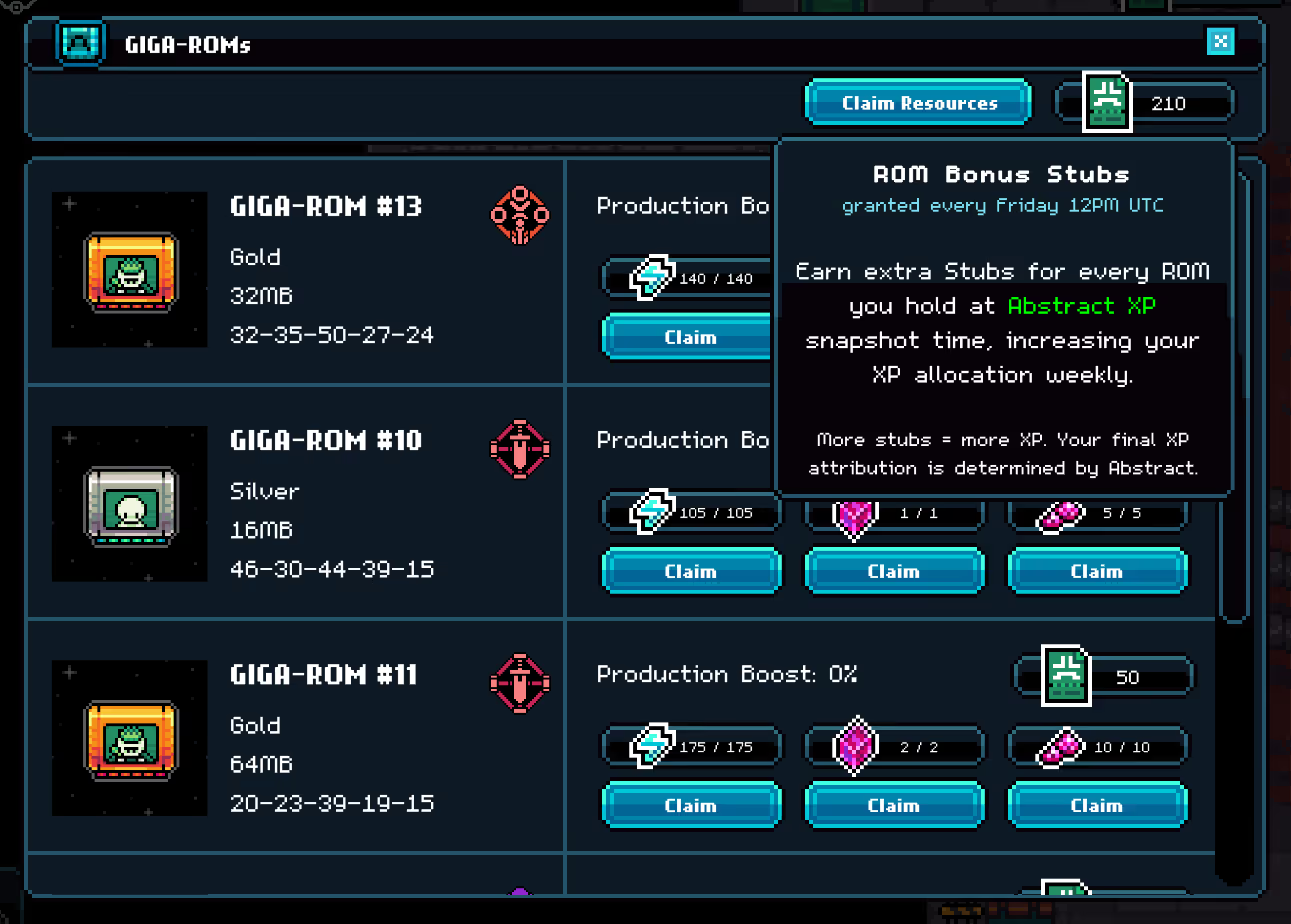
OpenSea: Let’s talk about Abstract. How did you start working with them, and what excites you about the launch?
Dith: We met the Abstract team pre-launch, in November last year. I was doing BD at Pirate Nation, talking to a lot of chains. What stood out was how fast and responsive Abstract was. Some teams are slow or evasive, not Abstract. They were dynamic and agile.
They had a clear vision: to be the home of consumer crypto, with a distribution-first approach. They were building an app-store-like experience, bringing in streamers to showcase apps. They got it—they weren’t about Ponzinomics or TVL farming.
That resonated. They saw themselves as a distribution partner, not just infrastructure. We locked in our decision to launch with them late last year. I knew Skarly, and it was reassuring to see other gaming founders I respected on the chain.
We were one of the first teams to launch. Even though there was some FUD during Abstract’s first few weeks, when we minted, we sold out in 10 minutes.
It was a huge validation moment. We had conviction, stuck with it, and it paid off. Gigaverse was an instant success.
It went from, “Let’s try this for fun,” to “Let’s go full-time.” My co-founder and I quit our day jobs and committed to building this.
OpenSea: That’s amazing. As we wrap up, is there anything you want people to know about what you’re building right now?
Dith: I don’t think people fully understand what Gigaverse is yet. They see the current game modes and think that’s all there is. But we’re intentionally keeping surprises under wraps. We’re still “no roadmap”—but we’ve got a lot coming.
The core NFT in the game is the Gigaverse ROM. If people are excited by what we’re doing and want to align with the project, that’s what to collect.
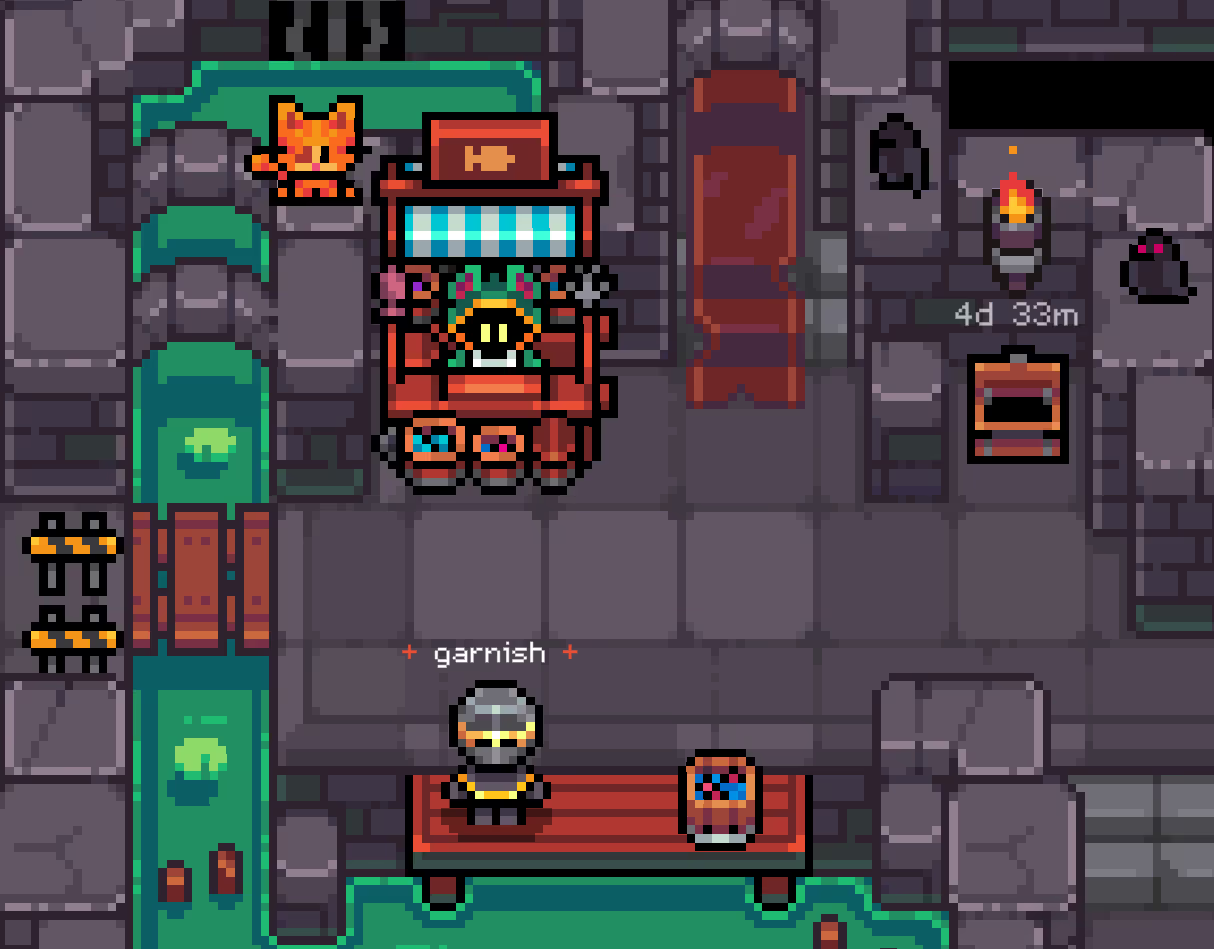
OpenSea: Final question—bonus round. I’m a cat person. I need to know about Cyclops.
Dith: Wild story. He showed up in our garden overnight. My wife woke me up and said, “There’s this super cute, super friendly one-eyed cat outside—I want to adopt him.” I said, “If we do, I’m naming him.” I saw him and immediately said, “Cyclops.”
She wanted to name him Peekaboo, which was adorable—but we had agreed. So Cyclops it was.
We took him to the vet the same day. Our dog had a dental appointment, so we brought them both in. Cyclops was fully vaccinated, tested, and cleared.
We’re slowly integrating him into the house. He’s super curious and energetic—we think he’s an Arabian Mau. Loves the outdoors. We’ll see if he settles indoors or stays both.
He’s great with kids, which is perfect for us—we’ve got a young son and another on the way.
OpenSea: Congrats!
Dith: Thank you. Cyclops fits right in. As for the coin—yeah, someone made a token for him. I shouldn’t have been surprised. Anyone tweeting about pets in crypto should expect that.
People messaged me saying, “Smart marketing move.” I was like, “This wasn’t marketing—I just found a cat.” I did use AI to create a cool prompt for him with a visor.
OpenSea: That’s hilarious. He’s got a whole fanbase now.
Dith: Honestly. We might include him as an in-game character someday, but I’d like that to be a surprise.
OpenSea: He’s already a character in his own right. I hope he knows how famous he is.
Dith: It’s a weird story to explain to family who don’t get crypto. Like, “Thousands of people on the internet know about this cat.”
OpenSea: Thank you so much—this was such a delightful conversation.
Dith: Amazing. Really enjoyed the chat—great to meet you.
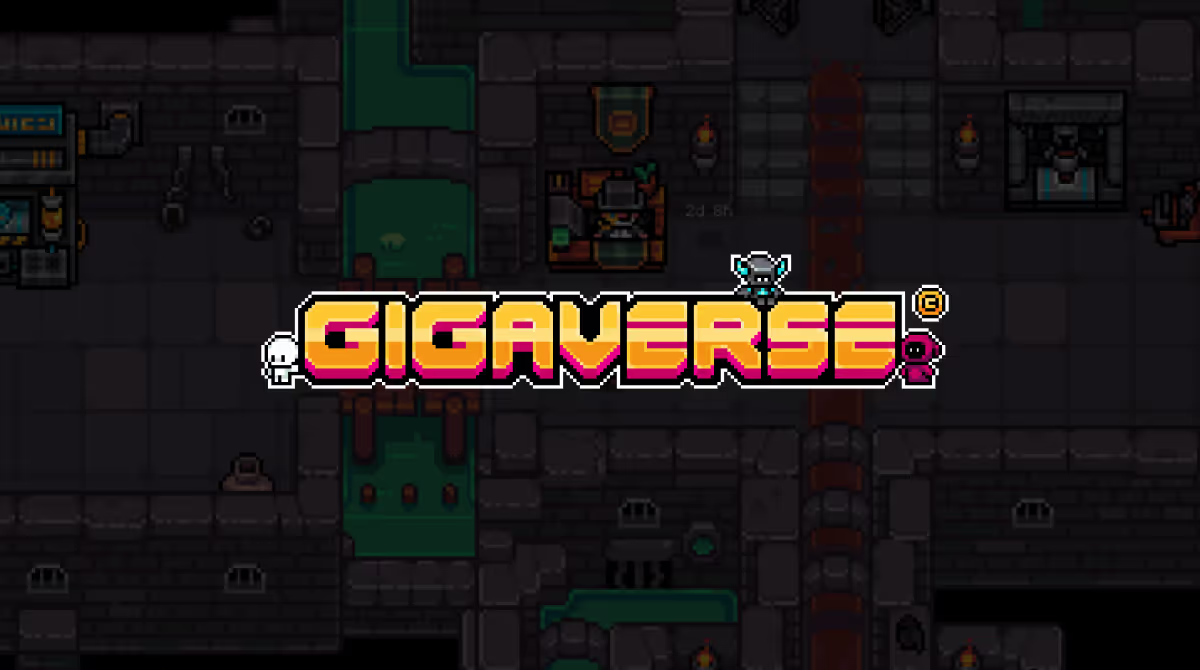


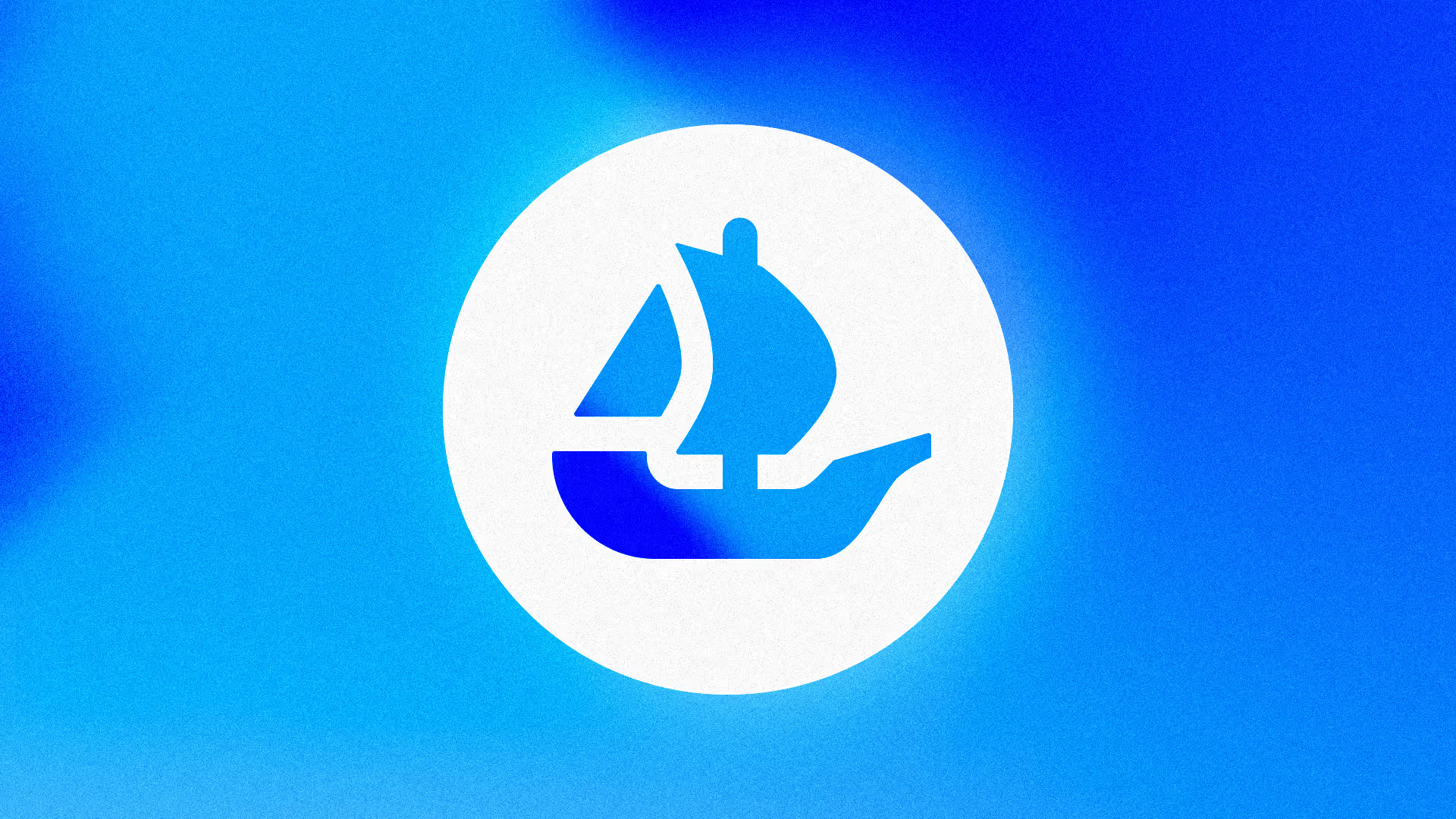
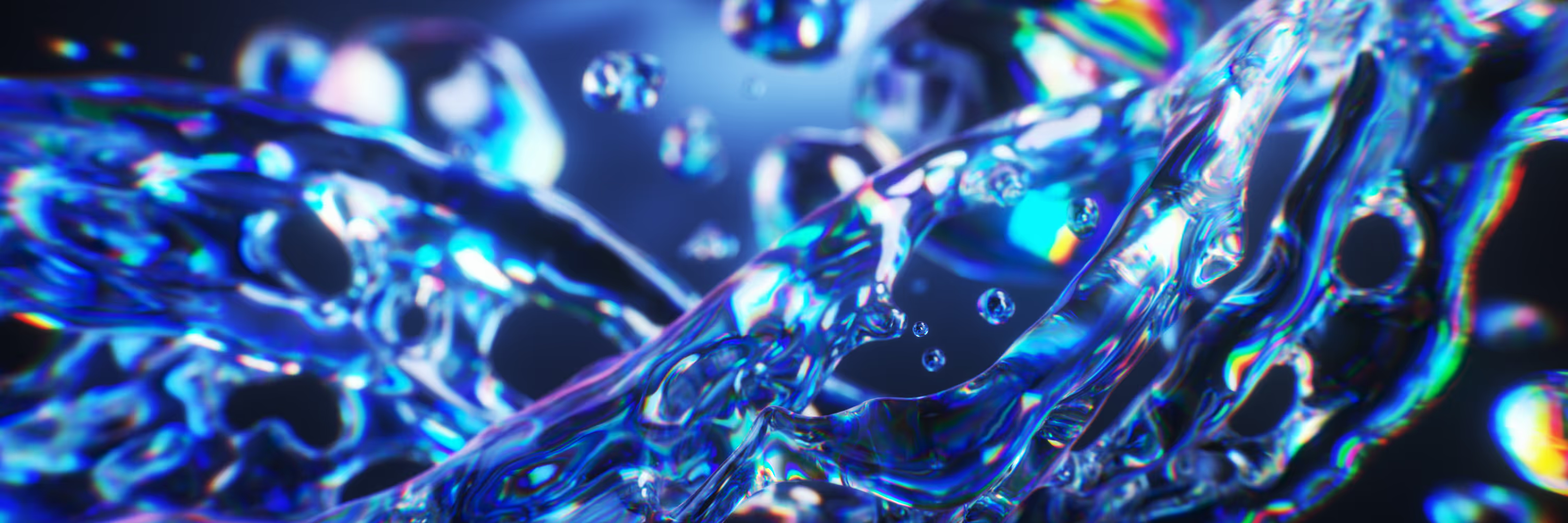
.avif)
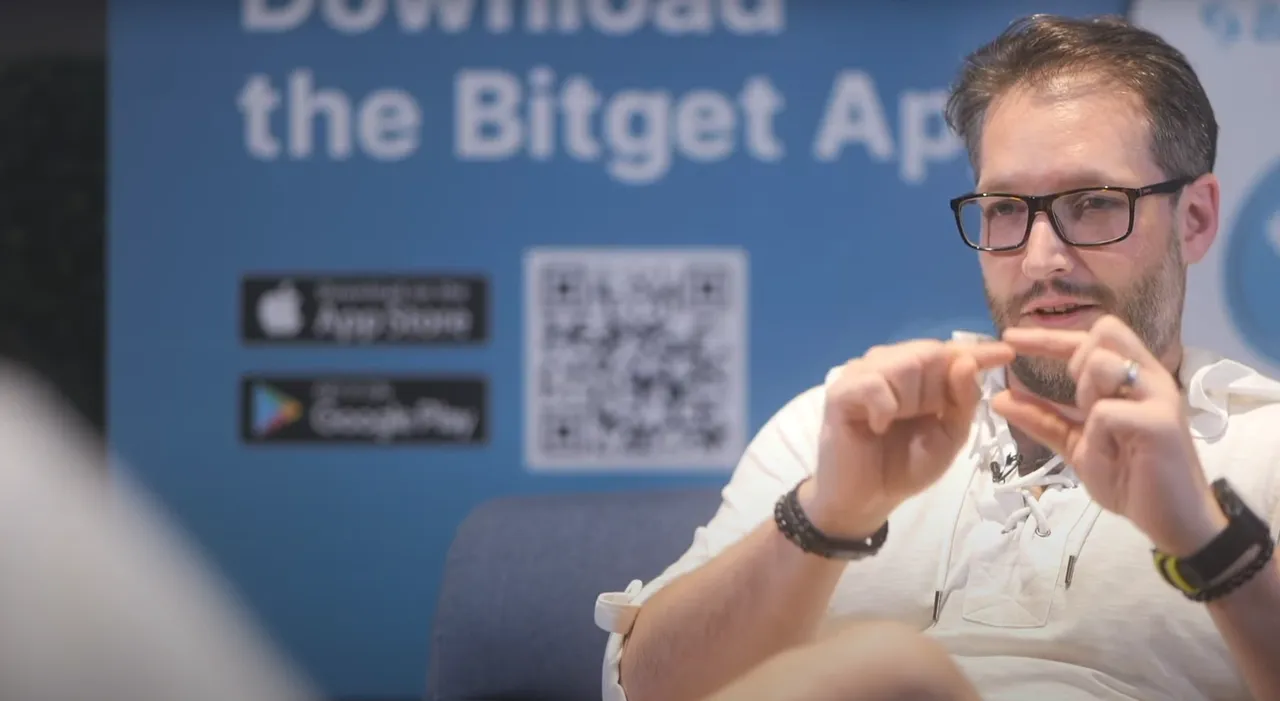
.png)
.png)
.png)
.png)
.png)
.png)
.png)